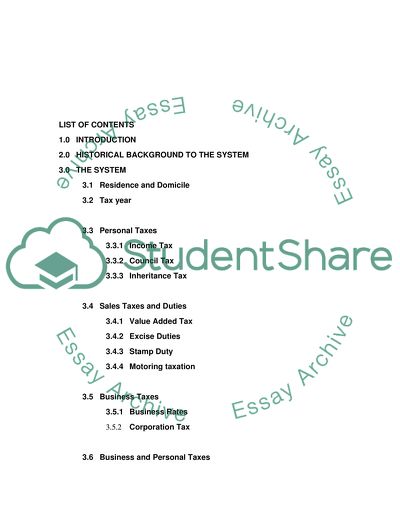Cite this document
(Tax System in the UK Coursework Example | Topics and Well Written Essays - 3000 words, n.d.)
Tax System in the UK Coursework Example | Topics and Well Written Essays - 3000 words. Retrieved from https://studentshare.org/macro-microeconomics/1730029-coursework-1-taxation
Tax System in the UK Coursework Example | Topics and Well Written Essays - 3000 words. Retrieved from https://studentshare.org/macro-microeconomics/1730029-coursework-1-taxation
(Tax System in the UK Coursework Example | Topics and Well Written Essays - 3000 Words)
Tax System in the UK Coursework Example | Topics and Well Written Essays - 3000 Words. https://studentshare.org/macro-microeconomics/1730029-coursework-1-taxation.
Tax System in the UK Coursework Example | Topics and Well Written Essays - 3000 Words. https://studentshare.org/macro-microeconomics/1730029-coursework-1-taxation.
“Tax System in the UK Coursework Example | Topics and Well Written Essays - 3000 Words”, n.d. https://studentshare.org/macro-microeconomics/1730029-coursework-1-taxation.


